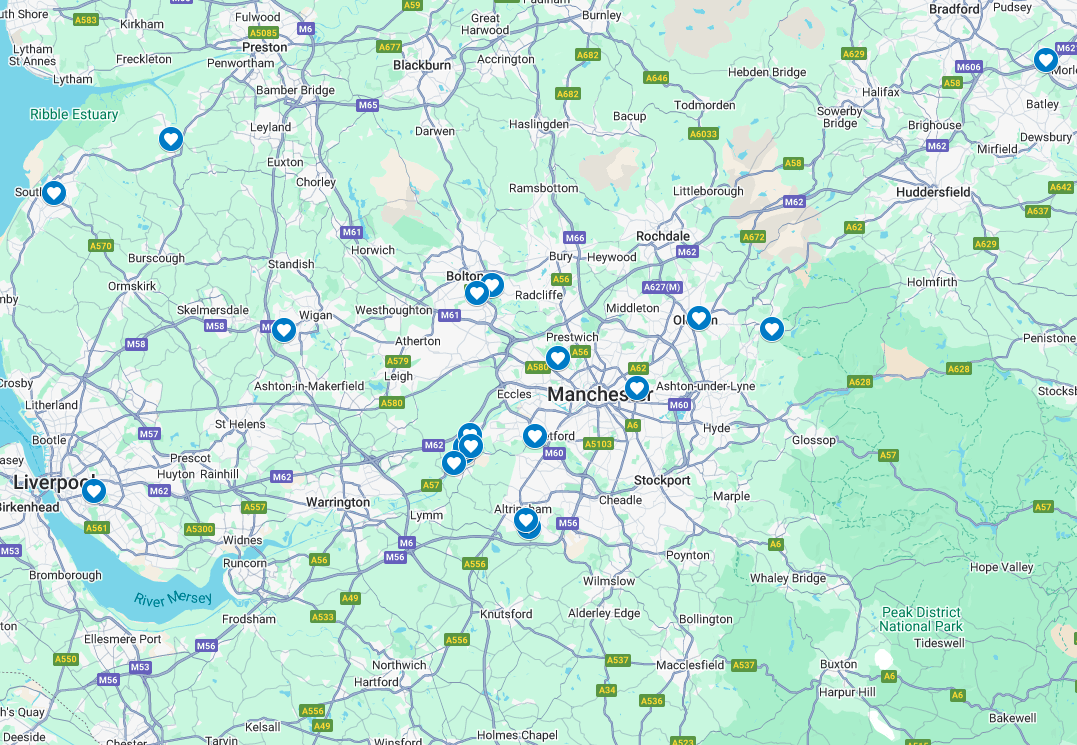Heart Rhythm Week 2018 – Take Fainting to Heart

Every year, during the first week of June, the Arrhythmia Alliance – a coalition of charities, patient groups, patients, carers, medical groups and allied professionals – come together to spread awareness about arrhythmias.
The AA’s core aims are to:
Raise awareness of cardiac arrhythmias Improve diagnosis of cardiac arrhythmias Improve treatment of cardiac arrhythmias Improve the quality of life for people with cardiac arrhythmiasThis year, the focus is ‘Take Fainting to Heart’ as there is ‘no such thing as a simple faint’. So, we’ve decided to explore how fainting is connected to the heart and what precautionary steps should be taken by those who believe they may be suffering from Syncope.
Syncope and the Heart
While Syncope (fainting) is relatively common and seemingly normal, in some cases fainting can be a sign of an arrhythmia and should not be ignored. Fainting, similarly to arrhythmias can affect people of all ages and for some, fainting may be the first warning sign of a potential problem.
Syncope is most commonly caused when a person’s blood pressure is too low. This is medically known as ‘hypotension’. This is where the heart doesn’t pump enough oxygen to the brain. This can either be benign or a symptom of an underlying issue. Serious heart conditions, such as bradycardia -where your heart beats too slowly, tachycardia – where your heart beats too fast or a blood flow obstruction can also be the cause of fainting.
Cardiac or cardiovascular syncope can significantly increase a person’s risk of sudden cardiac death. These statistics prove that fainting is not something to be overlooked:
1 in 2 people will faint at least once in their life 39% of children and 30% of adults are misdiagnosed with epilepsy – many of whom have an underlying, potentially fatal arrhythmia The number one killer is the western world is sudden cardiac death and often, the only symptom to show for this is fainting Syncope and falls are the most common reason for older patients to attend A&E It is estimated that fainting accounts for 10% - 20% of falls which cause injuriesCardiac syncope has a higher risk in:
People older than 60 years of age Presence of unknown heart disease Brief palpitations Sudden loss of consciousness Fainting during exertion Fainting while faced upwards Abnormal cardiac activity Family historyHeart failure, atrial fibrillation and other serious cardiac conditions can be the cause of recurrent syncope in older patients. This can significantly increase when the patient has surpassed the age of 70.
What Should be Done?
People who experience symptoms such as fainting, dizziness, nausea and sweaty palms should sit down or lie down, if possible. However, anyone with Syncope should receive an initial evaluation from a medical professional.
This evaluation should include a detailed physical examination and medical history examinations too. Blood pressure and the patient’s heart rate should also be taken. An ECG (Electrocardiogram) is also recommended as part of an initial evaluation to provide information about the cause of the syncope.
If you’re with someone who has fainted, and they have remained unconscious for 1 – 2 minutes, they should be placed into the recovery position. After they have been placed in the recovery position, dial 999 or 112 and request an ambulance.
If you have any questions or queries about symptoms you believe you’re experiencing or are concerned about Syncope, speak to your doctor.
Get Involved
Fainting can happen anywhere at any time and usually is not cause for concern, however, some who faint may have an underlying condition and fainting is the only symptom presented. It is important that if you feel you may be experiencing Syncope due to an underlying issue that you speak to your doctor, so you can get the correct treatment.
So, how will you be getting involved for Heart Rhythm Week? Will you be sharing the facts and helping raise awareness? We sure will! Over the course of the week, be sure to keep a look out on our Twitter and Facebook pages for facts, figures and more and be sure to share them to help raise awareness for 2018’s Heart Rhythm Week.
defibshop are committed to equipping everyone with the skills and knowledge to save a life. Speak to one of our Product Specialists on 0161 776 7422 or fill out our Contact Form.












